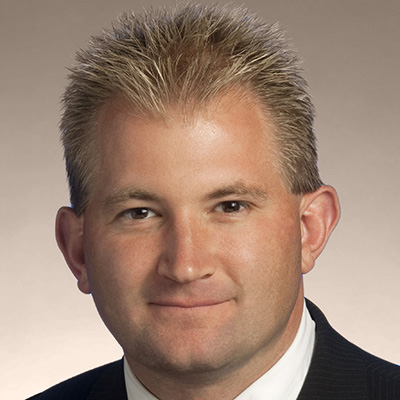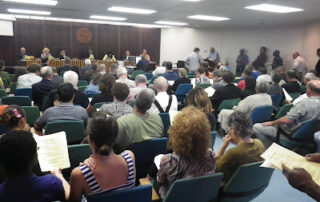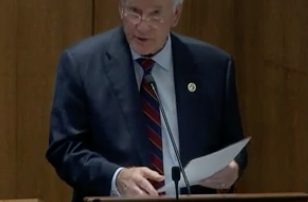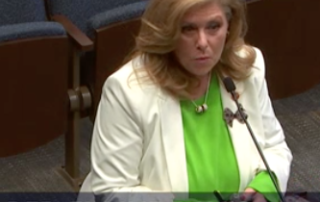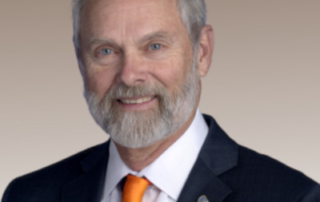Autopsy reports of children killed by violence would be confidential under proposed bill
House Majority Leader William Lamberth has filed a bill for the special session next week that would close autopsies and other reports of medical examiners in cases involving "victims of violent crime who are minors." The bill, HB 7007, seeks to make those reports and autopsies of children who are 17 and younger "not public documents."

